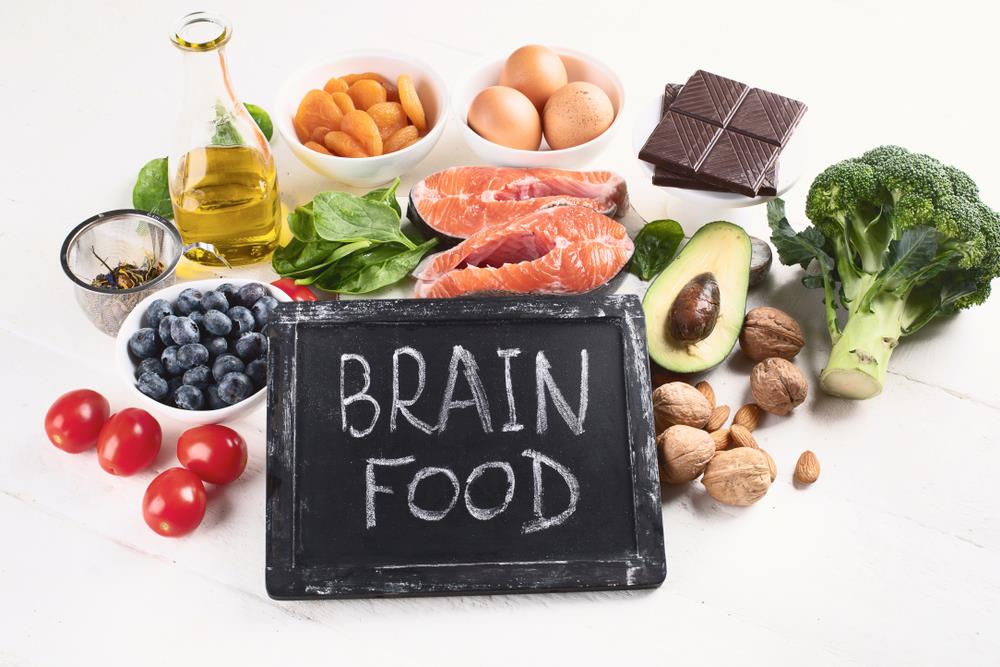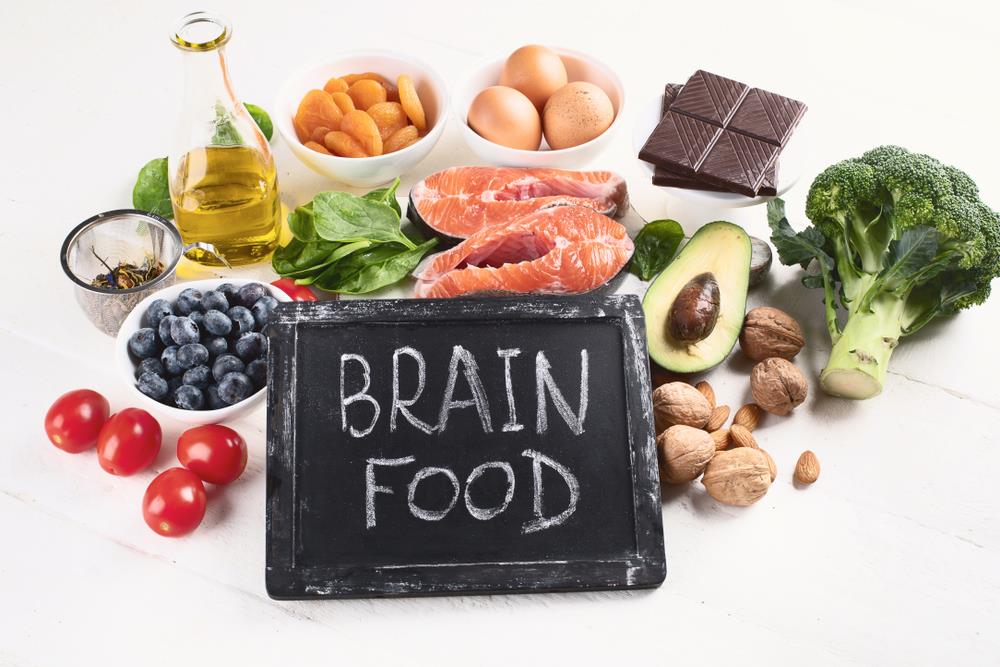Recent research indicates that adherence to the MIND diet can significantly reduce the risk of developing dementia and cognitive decline in middle-aged and older adults. The MIND diet combines elements of the Mediterranean and DASH diets, focusing on the consumption of leafy green vegetables, berries, whole grains, fish, and olive oil, while limiting red meat, cheese, sweets, and fried foods. The study showed that strict adherence to this diet was associated with about a 9% lower risk of dementia, with stronger effects observed among Latino, White, and African American populations. Experts emphasize that it is never too late to adopt healthy eating habits that can protect the brain and improve cognitive function.
Political Perspectives:
Left: Left-leaning sources emphasize the public health benefits of the MIND diet, highlighting its potential to reduce health disparities among diverse populations and advocating for accessible nutritional education and support for older adults to adopt such diets.
Center: Center-leaning sources focus on the scientific evidence supporting the MIND diet’s effectiveness in reducing dementia risk, presenting balanced views on the diet’s components and encouraging individuals to make informed dietary choices based on current research.
Right: Right-leaning sources tend to emphasize personal responsibility in health management, promoting the MIND diet as a practical and effective lifestyle choice to prevent cognitive decline, often highlighting individual empowerment and the importance of traditional dietary values.













